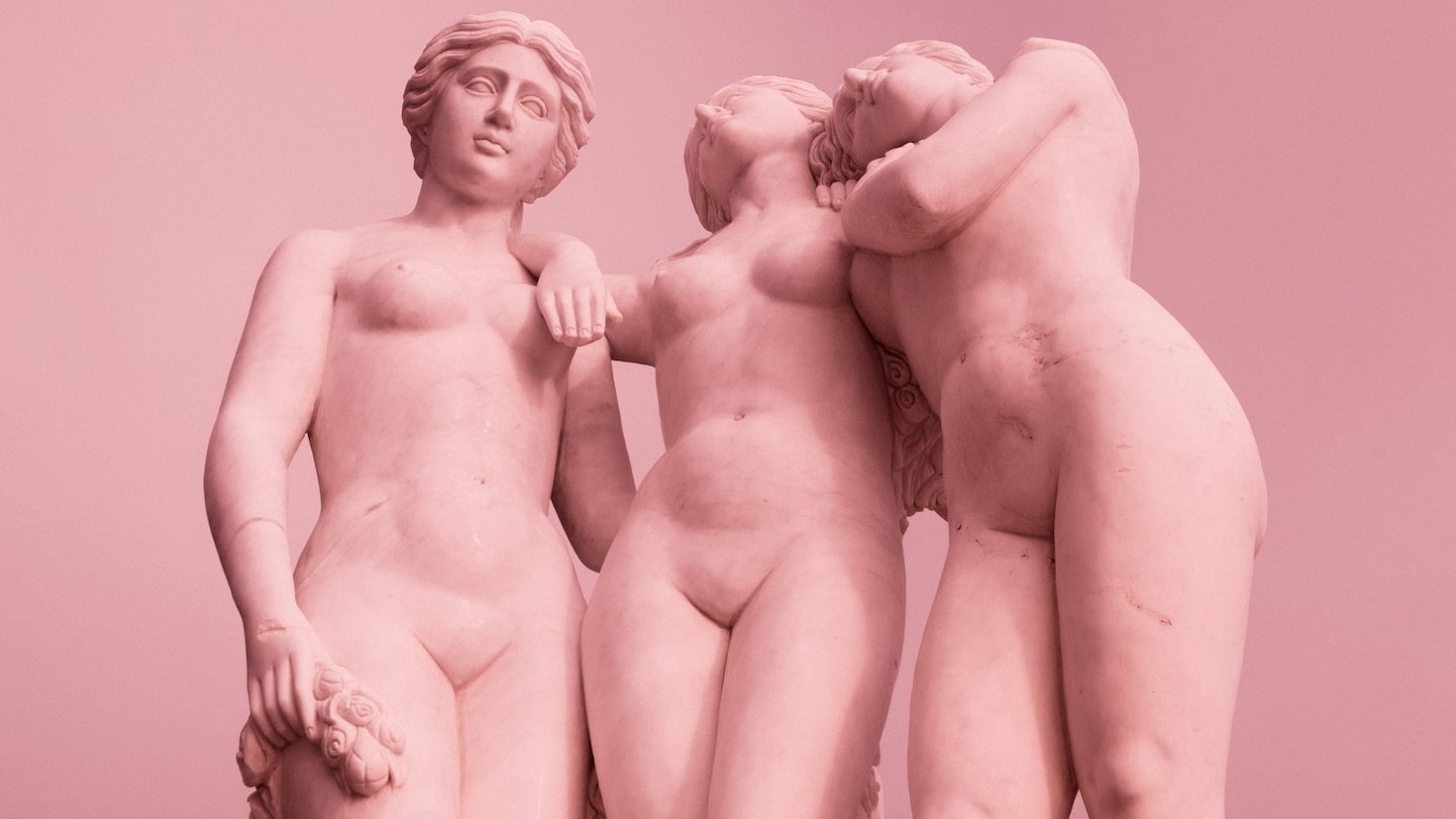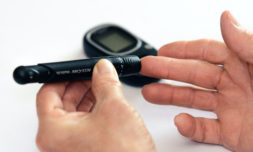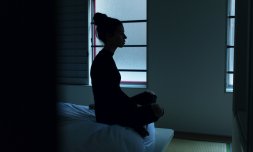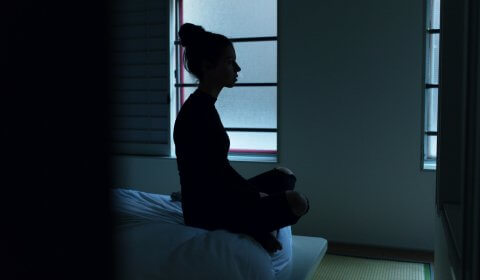A new study has labelled the viewing of diverse figures on the internet as an effective ‘micro-intervention’ for self-esteem that prevents or limits the adverse impacts of social media.
For decades, body positivity has lived comfortably in mainstream media.
Acting as a remedy to idealistic, unattainable beauty standards we’ve long been pressured into accepting, it’s often praised as a force for good. For those whose appearance sits outside the range of ‘socially acceptable’, body positivity helps to readjust ideas of normal.
In 2023, however, as comparison culture persists online and new ‘aesthetics’ spearheaded by skinny white girls flood our feeds, it’s still easy to feel negatively about the way we look.
Unfortunately, our social media habits do little to alleviate this.
Last year alone, the average person spent nearly two and a half hours scrolling every single day, with 4.7 billion people across the globe now using platforms like TikTok, Instagram, and YouTube.
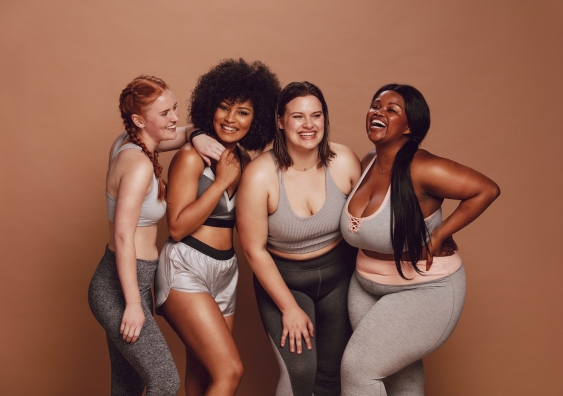
If you’re an avid user yourself, you’ll likely know just how draining this amount of repeated exposure to ‘perfection’ (conscious or not) can be, particularly in the context of self-image.
But it isn’t all bad. This is according to a new study conducted by UNSW Sydney, which has found that seeing just one body positive post a day works wonders for how we perceive ourselves.
Labelling the viewing of diverse shapes, sizes, ethnicities, and disabilities on the internet as an effective ‘micro-intervention’ that prevents or limits the adverse impacts of social media, it confirms that content celebrating every figure can indeed improve body satisfaction in young women.
To reach this conclusion, researchers had the 159 female participants (aged 18 to 24) either join ‘body positive’ and ‘appearance neutral’ Facebook groups, or keep using the site as normal.









